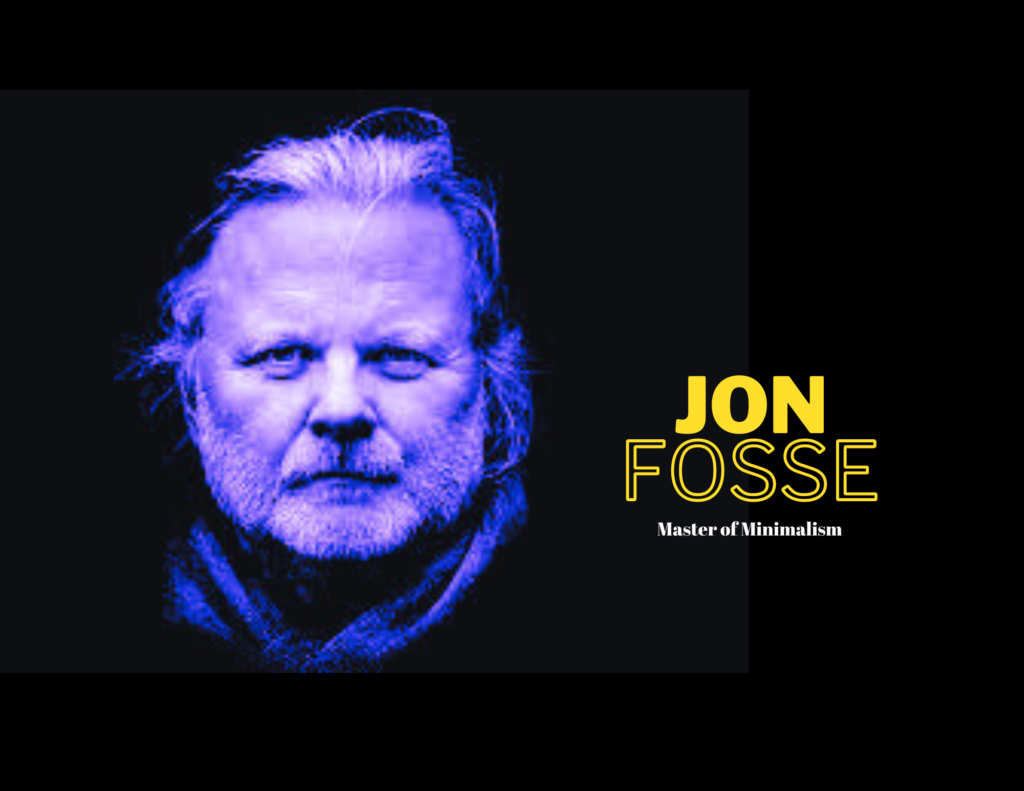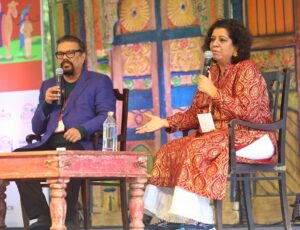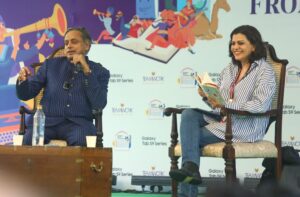Nobel shows the candle to ‘Fosse Minimalism’
3 min read
Jon Fosse, a prolific Norwegian playwright renowned for his masterful storytelling, received the most prestigious recognition in the world of literature in 2023: the Nobel Prize for Literature. It was a momentous occasion for a writer whose work had captivated readers and critics alike for decades, as it was a tribute to the profound impact of his unique writing style known as “Fosse Minimalism.”
The Nobel Committee’s decision to award Jon Fosse was a celebration of his extraordinary contributions to the world of literature. In its statement, The Nobel Prize in Literature, 2023, said that the award to Norwegian author Jon Fosse was, “for his innovative plays and prose which give voice to the unsayable.”
Fosse doesn’t spoon-feed his readers; instead, he invites them to actively engage with his work. His stories unfold slowly, leaving space for the reader to fill in the gaps, to ponder, and to make their own deductions. This approach has had a hypnotic effect, allowing every reader to feel a unique sense of ownership over the narrative and the characters’ experiences.
About Fosse Minimalism
The enigmatic author pens his verse and poetry in a language even the majority Norwegians do not use. All his works in “Nynorsk” have been taken around the world through some brilliant translations. His books are read in 40 languages today, a tribute to both the author and the wonderful translators who have carried his voice across seas and continents. Fosse arrived on the world stage with his second novel, “Stengd Gitar” (Closed Guitar), published in 1985. This novel, a lyrical exploration of human existence and longing, garnered critical acclaim and laid the foundation for his illustrious career. Melancholy, first published in 2006, became his ticket to the American market with a predominant English readership.
Fosse Minimalism, a term coined to describe his distinctive narrative style, has become synonymous with his name. His writing is characterised by its sparse and restrained prose, yet beneath the surface, it has a fluid style of narration and an insight that hits you like water under a frozen lake.
One of the most striking aspects of Fosse Minimalism was its ability to create a profound connection between the reader and the text. Fosse doesn’t spoon-feed his readers; instead, he invites them to actively engage with his work. His stories unfold slowly, leaving space for the reader to fill in the gaps, to ponder, and to make their own deductions. This approach has had a hypnotic effect, allowing every reader to feel a unique sense of ownership over the narrative and the characters’ experiences.
Fosse’s novels delved deep into the human psyche, exploring themes of isolation, longing, and the complexities of human relationships. Grappling at one point, with alcoholism, his characters are often drawn from ordinary people living quiet lives, their everyday struggles and desires becoming a source of profound reflection.
Fosse’s recognition by the Nobel Committee was not just a personal honour but a celebration of literature’s enduring ability to touch the soul, to provoke thought, and to instil in the reader a desire for introspection. His writings remind us that in the quietest moments, in the simplest words, there could be untouched beauty and unsayable truths.
In its statement, the Nobel Prize for Literature, said that his immense oeuvre written in Norwegian Nynorsk and spanning a variety of genres consists of a wealth of plays, novels, poetry collections, essays, children’s books and translations. “While he is today one of the most widely performed playwrights in the world, he has also become increasingly recognised for his prose,” the official announcement read.



